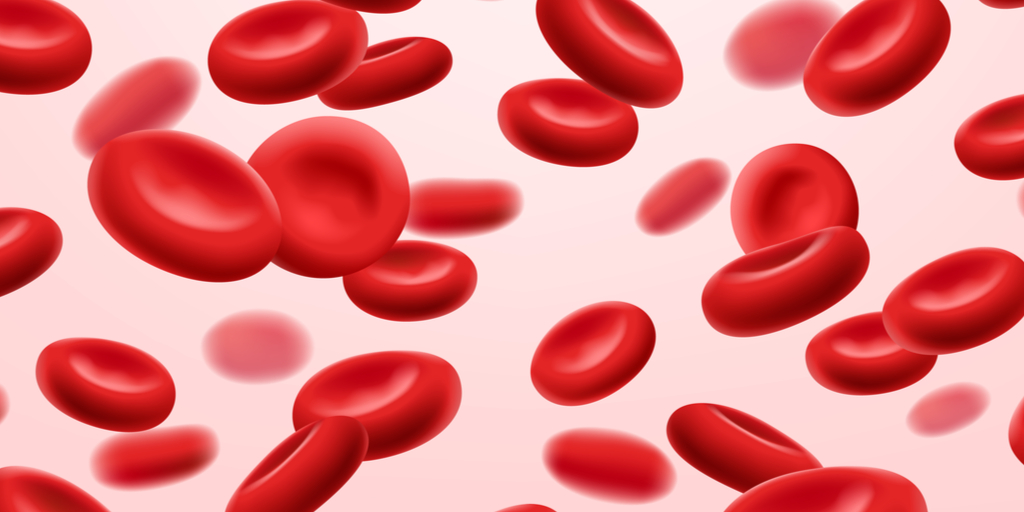Get Help With Alcohol Addiction
- Find meetings near you
- Discover online or in person meetings
- Get 24 hour information on addiction
 Lily is chopping vegetables in her kitchen. Suddenly, the knife slips, and she cuts her hand.
Lily is chopping vegetables in her kitchen. Suddenly, the knife slips, and she cuts her hand.
The platelets in Lily’s body immediately get to work clotting the blood to stop the bleeding. After a couple of minutes, Lily’s hand still hurts, but at least the bleeding has stopped.
Kendra is playing with a kitten in her living room. When the kitten decides it doesn’t want to be held, it scratches Kendra’s arm. The scratch begins to bleed…and it doesn’t stop.
After several minutes, Kendra’s scratch is still flowing. The blood isn’t clotting like it should.
What’s going on here? Are cat scratches worse than knife wounds? (That might depend on the cat.) But a kitty’s not to blame for Kendra’s problem – the real issue is alcohol.
Kendra is a frequent drinker. Lily is not. And that makes all the difference.
Here’s what going on in their bodies.
Call 800-839-1686 Toll Free. Privacy Guaranteed. No Commitment.
Help is standing by 24 hours a day, 7 days a week.Alcohol Interference
 Kendra’s drinking has affected how her body produces platelets. Platelets normally make up one to two percent of your blood. The rest is made up of red blood cells, white blood cells, and plasma.
Kendra’s drinking has affected how her body produces platelets. Platelets normally make up one to two percent of your blood. The rest is made up of red blood cells, white blood cells, and plasma.
The platelets make your blood clot, so bleeding stops when you suffer an injury.
But alcohol interferes with blood cell production in the bone marrow. This reduces the number of platelets in the body.
And another cause of low platelet production is chronic liver disease (CLD). This condition, often caused by drinking too much alcohol, lowers the hormone that stimulates platelet production.
The overall result? Thin blood.
When platelet levels fall below 150,000 per mL of blood, someone like Kendra is considered to have thin blood. They may have problems with a lack of blood clotting, easy bruising, and slow wound-healing.
And this can lead to even more serious health risks…
The Long-Term Effects of Alcohol
Lily has an occasional alcoholic beverage. When she drinks, the thinning of her blood is short-lived. Her blood returns to normal fairly quickly after the alcohol leaves her system.
Kendra frequently misuses alcohol – it’s something she’s been doing for a while now. The effects on her blood are more long-term.
Beyond extra bleeding from a cat scratch, Kendra’s thin blood can increase her risk for stroke. Hemorrhagic strokes (the kind of strokes caused by bleeding) can be a problem!
This damage can cause many health complications, including:
- Seizures
- Thinking difficulties
- Muscle weakness
- Loss of bladder or bowel control
- Loss of vision
- Difficulty swallowing or talking
What About Other Blood Thinners?
So, if Kendra’s blood is already thin, would it be dangerous for her to take blood thinner medications?
Medicines such as rivaroxaban, warfarin, and aspirin are often given to patients who are at high risk of heart attack or certain kinds of stroke. The medications help prevent blood clots, which could cause stroke or heart complications.
Kendra would need to consult her doctor about taking any blood thinners. She should be upfront with her physician about her drinking habits. This is because taking the medicine with the alcohol could increase her risk of bleeding. Plus, the alcohol could interfere with how her body breaks down the medicine.
So, could someone like Kendra just use alcohol to thin their blood, instead of taking prescribed blood thinners? Umm…no. That’s not a good idea either.
If a doctor recommends blood thinners, it’s to reduce the risk of certain health concerns. Replacing that medication with alcohol does not provide the effects the doctor was aiming for. And it also increases the risk of other issues, such as hemorrhagic stroke.
Call 800-839-1686 Toll Free. Privacy Guaranteed. No Commitment.
Help is standing by 24 hours a day, 7 days a week.Key Takeaways on the Effects of Alcohol
The many effects of alcohol can be surprising. While you may not initially think of blood thinning as one of them, it’s an important one to keep in mind. Here are some key takeaways:
- Alcohol thins the blood.
- Thinning your blood frequently through alcohol use can lead to a greater risk of stroke.
- Thin blood also causes issues with blood clotting, bruising, and healing from injuries.
- It’s important to talk with a doctor about drinking alcohol while taking blood thinner medications.
- Alcohol should never be used as a substitute for blood thinner medications.
Call
800-948-8417
Who Answers?
today.